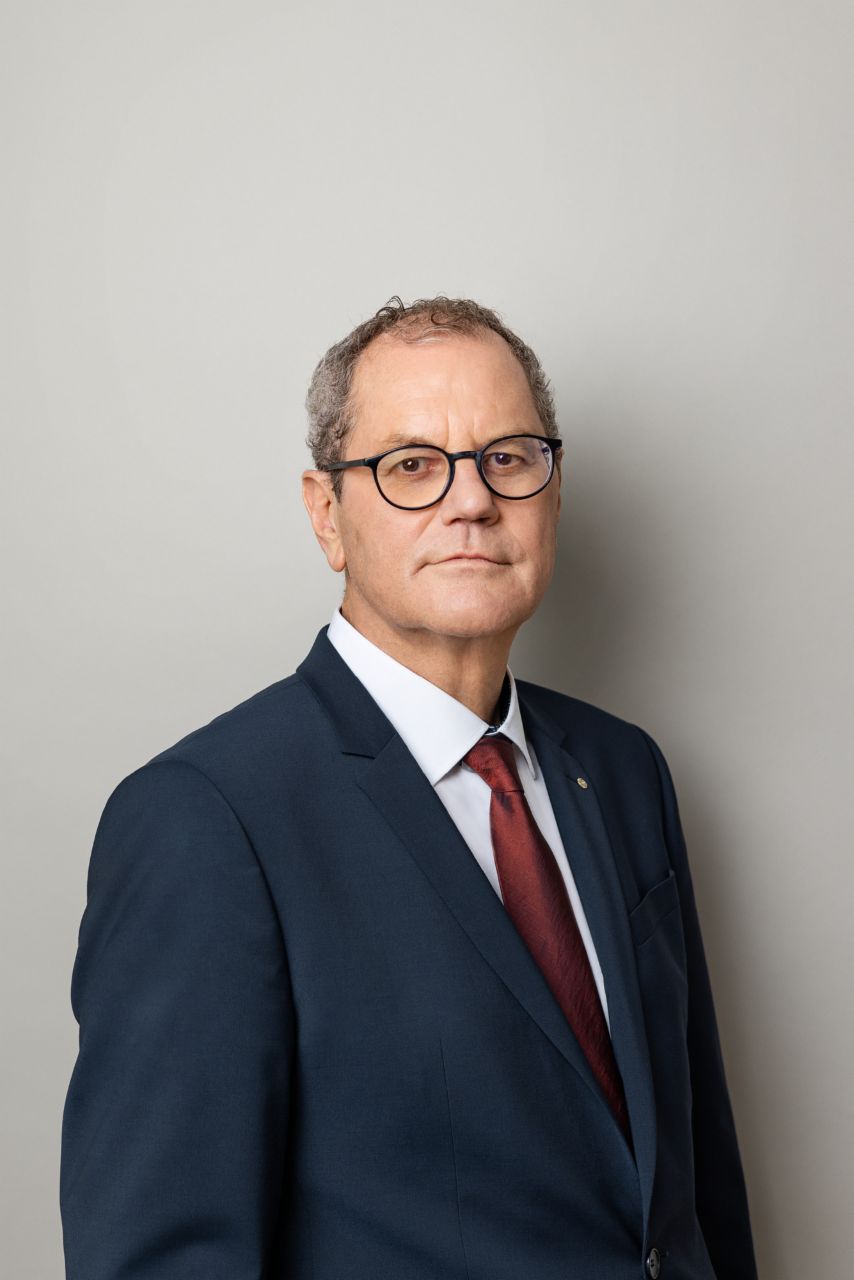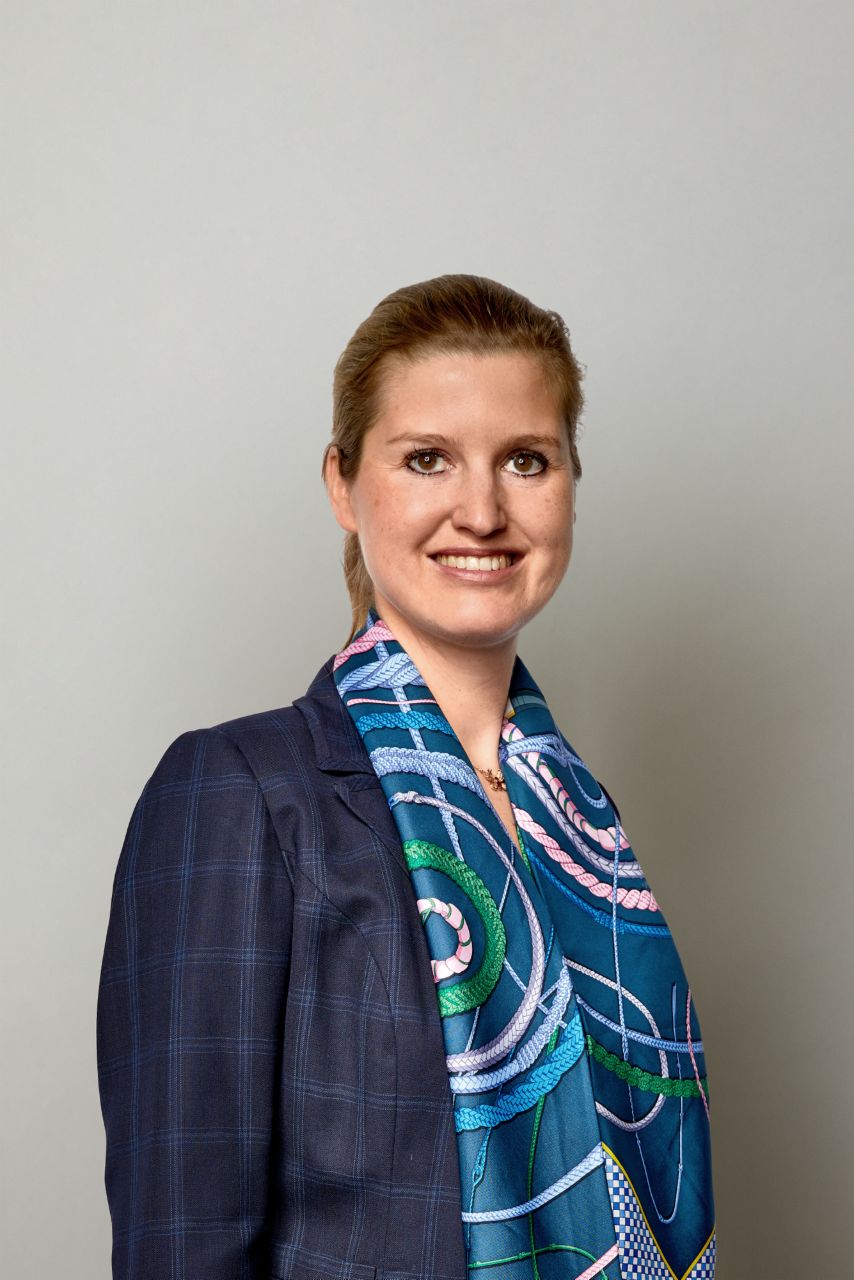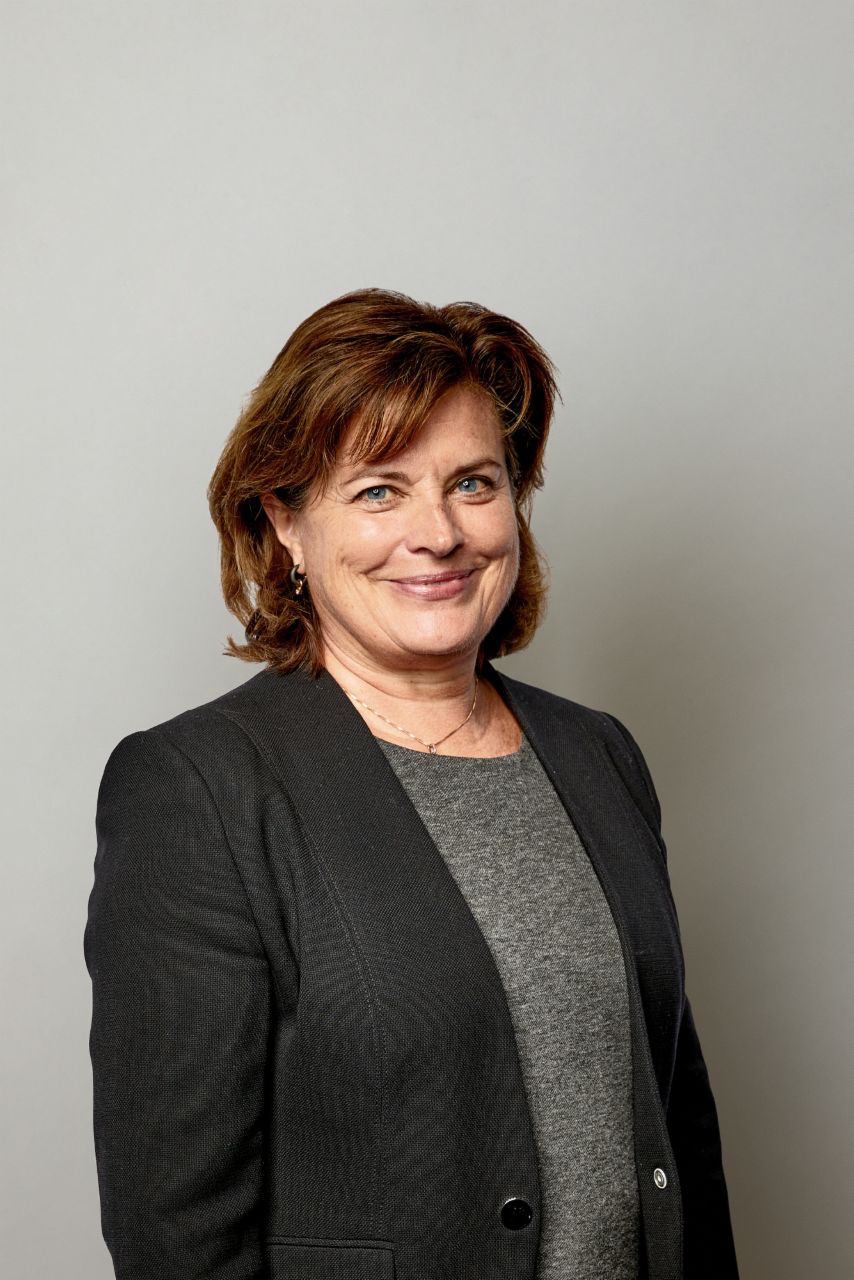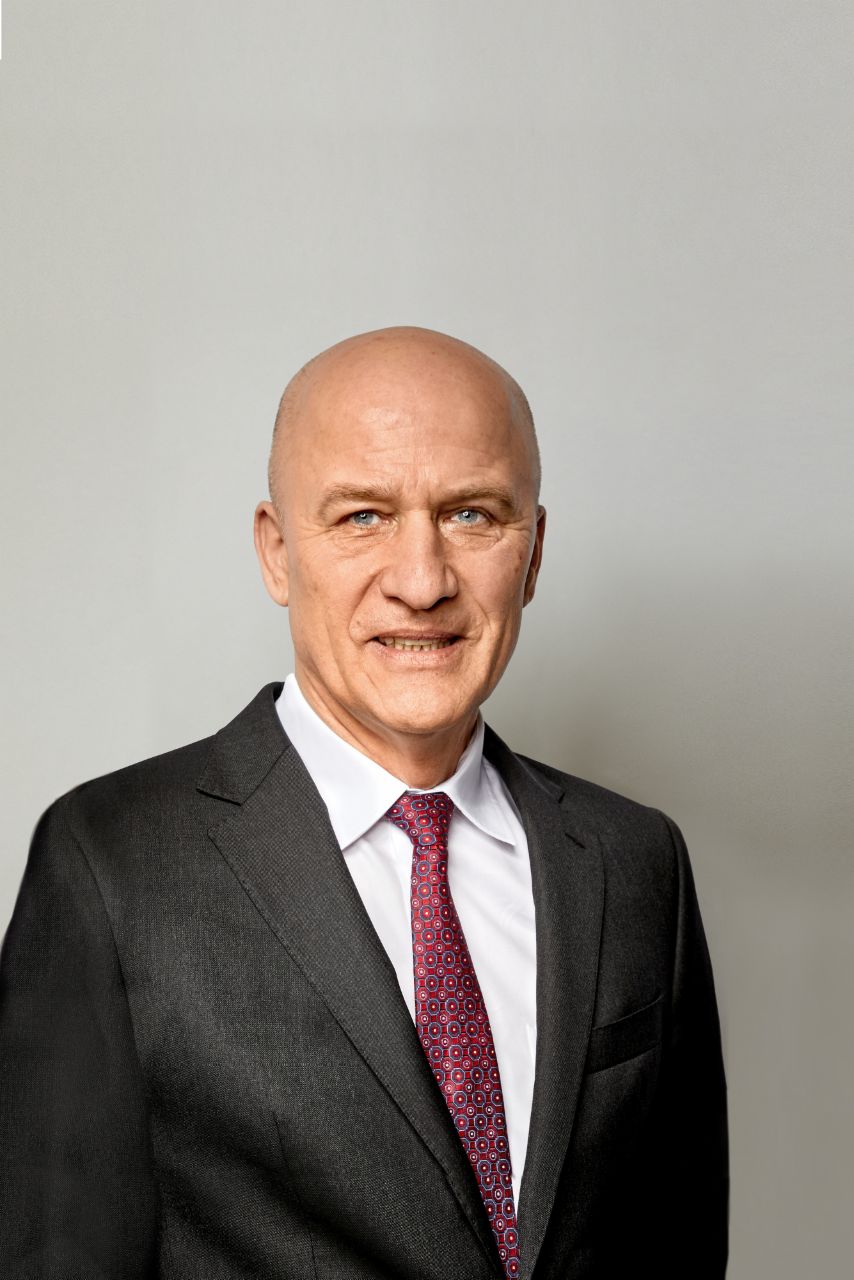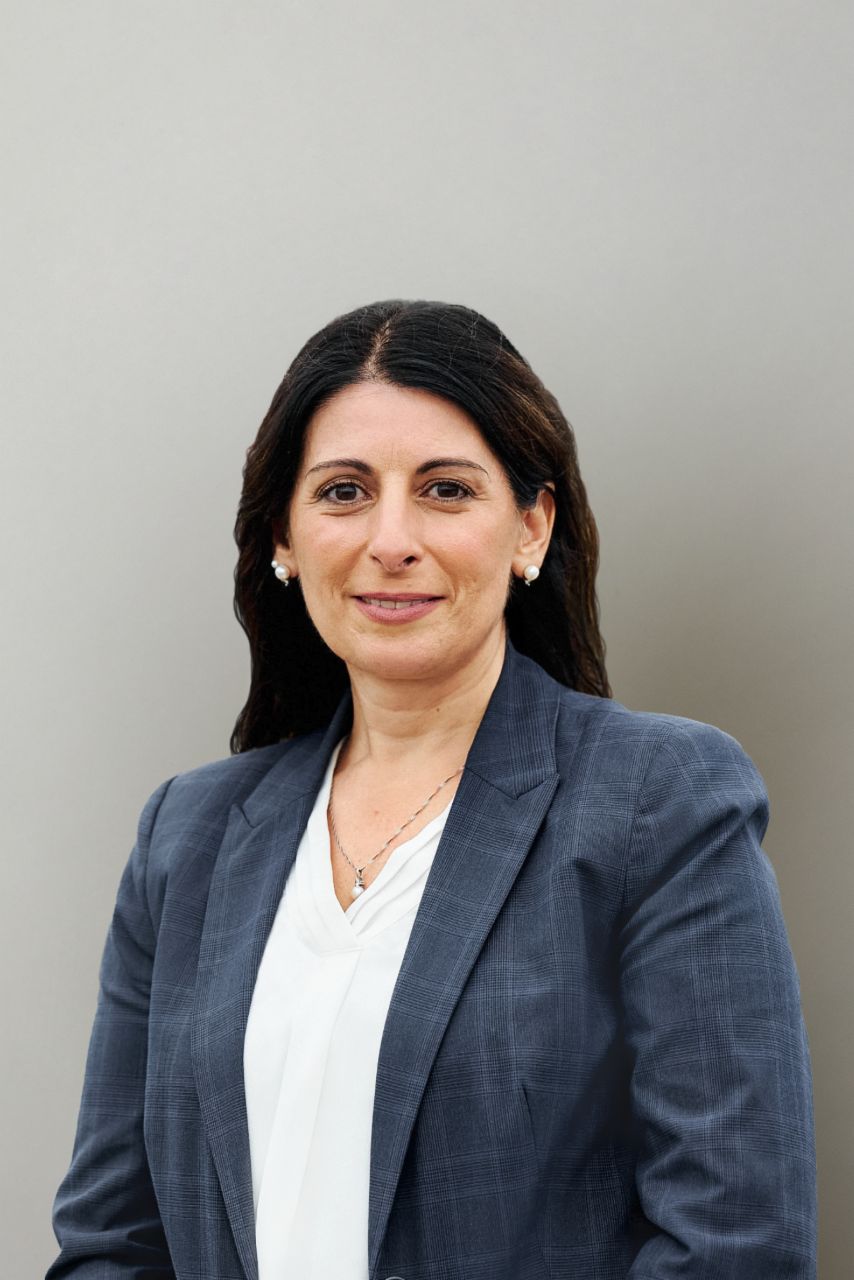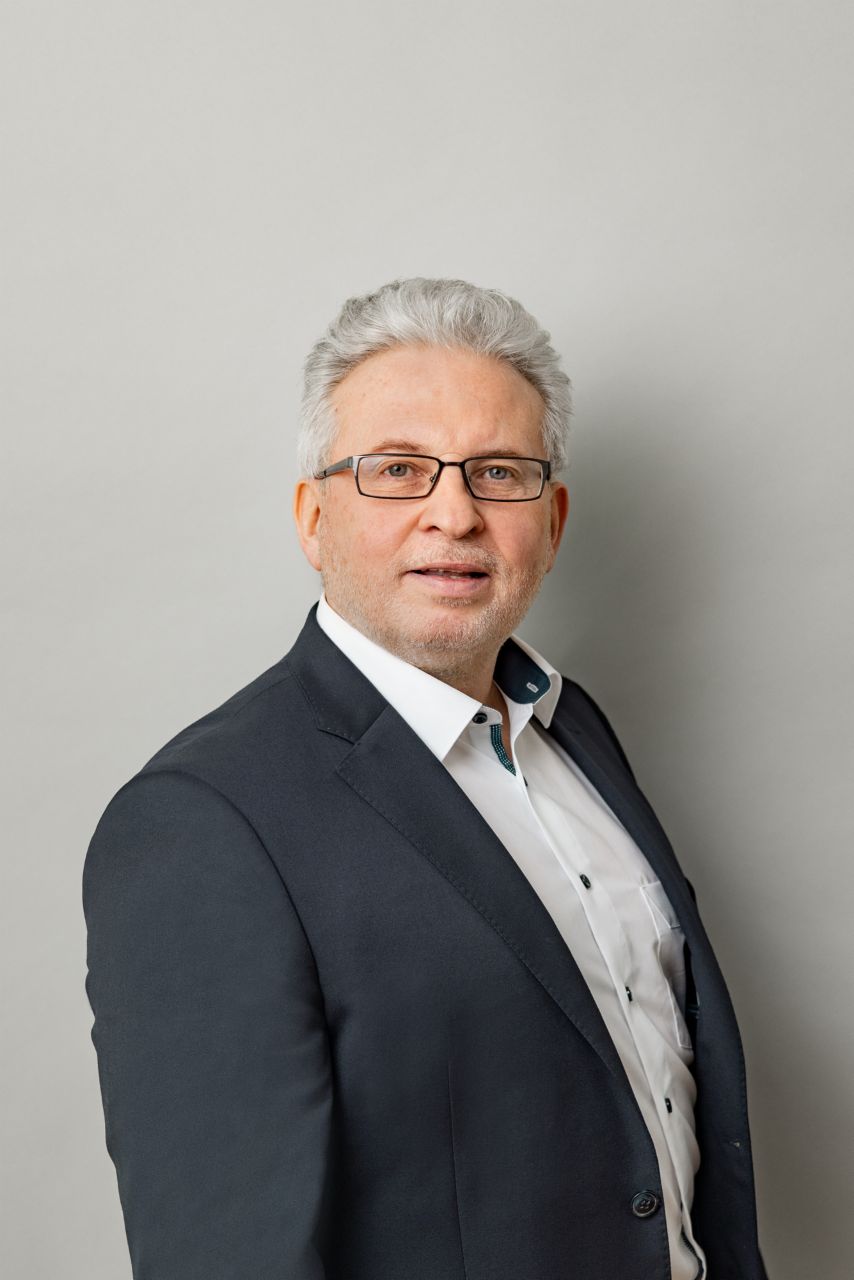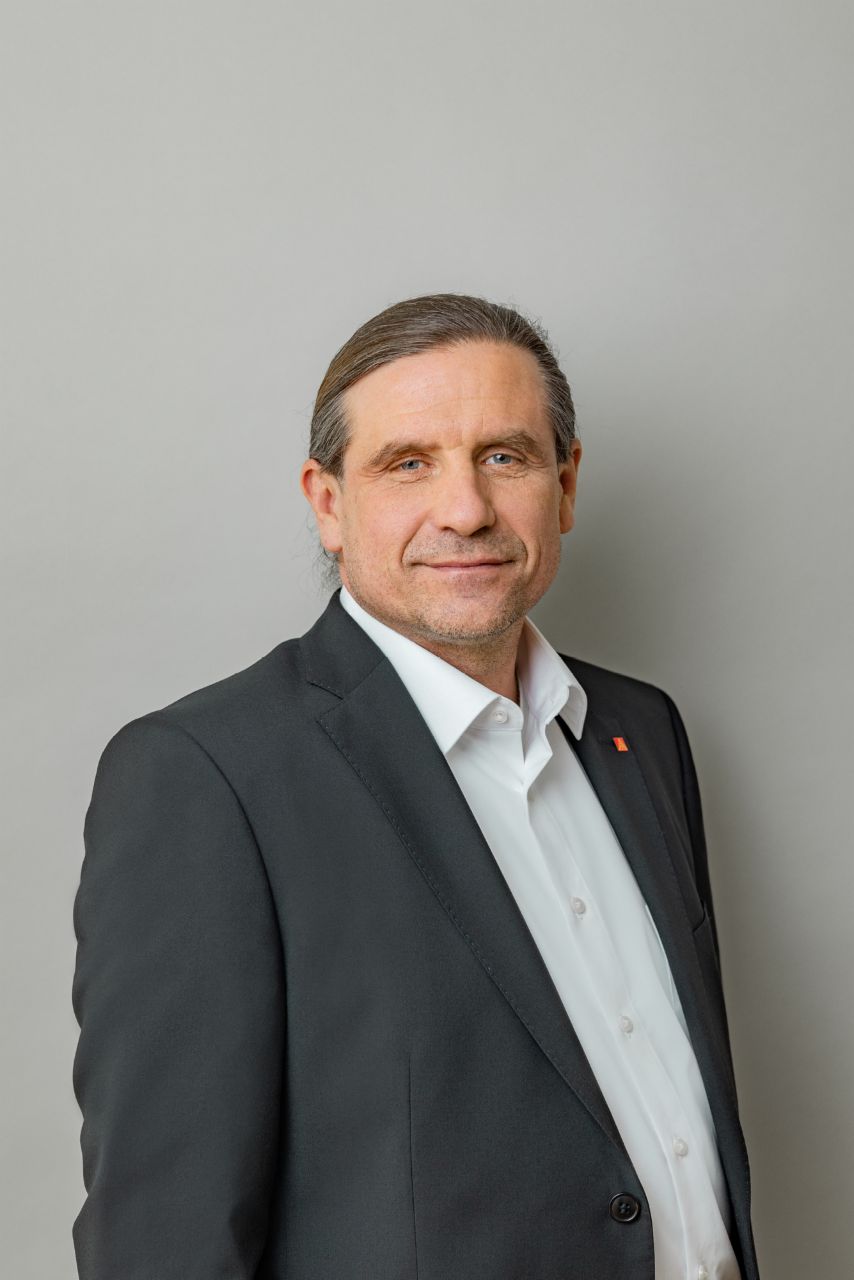Supervisory Board of TRATON SE
Committees of the Supervisory Board of TRATON SE
The Supervisory Board established two committees — the Executive Committee and the Audit Committee — on which shareholders and employees are represented equally, with three representatives in each case, as well as the Nomination Committee, which consists solely of shareholder representatives. The main role of the committees is to prepare Supervisory Board resolutions. In some cases, the Supervisory Board’s decision-making powers or tasks are transferred to committees. The Nomination Committee is tasked with identifying candidates for Supervisory Board positions and recommending suitable candidates to the Supervisory Board as the latter’s proposals for election at the Annual General Meeting. In this capacity, the shareholder representatives on the Executive Committee act as the Nomination Committee.
Rules of Procedure for the Supervisory Board
The following Rules of Procedure for the Supervisory Board were adopted by the Supervisory Board of TRATON SE (the Company, together with its directly and indirectly controlled entities (Subsidiaries), the TRATON Group) on December 20, 2018 (last amended on September 16, 2020), pursuant to Article 14 para. 1 of the Company’s Articles of Association (Satzung).
-
(1) As a rule, the Supervisory Board will advise the Executive Board (Vorstand) on the management of the Company’s business and will supervise the Executive Board managing the Company’s business.
(2) The Supervisory Board will manage its areas of responsibility in accordance with the statutory provisions, the Articles of Association, and these Rules of Procedure. The Executive Board and the Supervisory Board will comply with the recommendations of the German Corporate Governance Code (if applicable) in line with their respective statements of compliance (Entsprechenserklärung) pursuant to section 161 of theGerman Stock Corporation Act (Aktiengesetz – AktG).
-
(1) As a rule, persons proposed for election to the office as Supervisory Board member should not have reached the age of 75 at the time of the election.
(2) Appointments to the Executive Board will (as a rule) end upon reaching the age of 65. An extension by a maximum of three additional years is possible.
-
(1) Immediately after new Supervisory Board members have been elected, the Supervisory Board will elect, from among its members, in a constituent meeting taking place immediately after the annual general meeting, a Chairman and a Deputy Chairman in accordance with the statutory provisions, the Company’s Articles of Association and any agreement entered into in accordance with the German Act on the Involvement of Employees in a European Company (SE-Beteiligungsgesetz – SEBG).
(2) Subject to any other provisions in the Company’s Articles of Association or these Rules of Procedure, the Deputy Chairman will have the same rights as the Chairman in all cases in which the Chairman is unable to attend and in which the Deputy Chairman deputizes for the Chairman.
-
In addition to the matters requiring consent stipulated in the Company’s Articles of Association, the matters and measures stipulated in the Rules of Procedure for the Executive Board require the prior consent of the Supervisory Board. The Supervisory Board may stipulate by resolution that further matters require its consent. In general or in the event that individual matters meet certain requirements, it may give its revocable consent to certain matters in advance.
-
(1) The Supervisory Board must meet twice in each half of a calendar year. Additional meetings are to be convened if such meeting is necessary in the interest of the Company or if a Supervisory Board member or the Executive Board requests that such meeting be convened by stating the purpose and the reasons. The request is to be addressed to the Chairman of the Supervisory Board.
(2) Meetings of the Supervisory Board will be convened by the Chairman by giving at least fourteen days prior notice. The convening notice may be sent in writing, by fax, by e-mail or by any other commonly used means of telecommunication. In urgent cases, the Chairman may reduce the notice period and convene the meeting orally or by telephone.
(3) The convening notice is to include the items on the agenda and any draft resolutions. The documents necessary for the individual items on the agenda are to be submitted to the Supervisory Board members as soon as possible. If an item on the agenda is not properly announced, resolutions regarding such item may only be passed if no Supervisory Board member of those present objects to such passing of a resolution and if the Supervisory Board members who are not present are given the opportunity to object to such passing of a resolution in writing, orally, by telephone, by fax, by email or by any other commonly used means of telecommunications or cast their votes in writing within a reasonable period to be determined by the Chairman of the Supervisory Board. The resolution will become effective if no member of those not present raises any objections within the above-mentioned period. Any Supervisory Board members attending via telephone or electronic means of communication will be deemed present.
(4) Any request submitted to the Chairman by a Supervisory Board member by no later than three calendar days prior to the meeting is to be included in the agenda. The Chairman has to inform all Supervisory Board members of any additions to the agenda without undue delay (unverzüglich).
(5) Immediately after the general meeting in which the Supervisory Board members representing the shareholders are elected, a constituent meeting will be held. No particular convening notice is required for such constituent meeting of the Supervisory Board. If resolutions regarding the election of the Chairman of the Supervisory Board and his Deputy as well as the formation and appointment of members to committees are to be passed in such meeting, it will not be required that an agenda be announced.
(6) The Chairman of the Supervisory Board will chair the Supervisory Board meeting. He will determine the order in which the items on the agenda are dealt with and the method and order of voting.
(7) The meetings will be held in German, with simultaneous translation into English and, in the event of individual members not having command of German or English, into their respective national language. The binding convening notice will be in German and will include an English translation. Any other meeting documents as well as documents and files relevant for the meeting will be provided in German and in English.
(8) The Executive Board members will attend the Supervisory Board meetings unless the Chairman of the Supervisory Board orders otherwise or unless at least half of the Supervisory Board members request that Executive Board members be excluded from Supervisory Board meetings.
-
(1) As a rule, any resolutions of the Supervisory Board will be passed in physical meetings. However, subject to a corresponding decision made by the Chairman of the Supervisory Board, it will be permitted to hold meetings of the Supervisory Board in the form of a video or telephone conference or to have individual Supervisory Board members attend the meeting by way of video transmission or by telephone and to also pass resolutions or vote via video conference or video transmission or telephone in such cases. Any Supervisory Board members who are absent or do not attend or join the conference call may also participate in the Supervisory Board’s passing of resolutions by having another Supervisory Board member submit their written votes. In addition, they may also submit their vote orally, by telephone, by fax, by email or by any other commonly used means of communication prior to the meeting, in the course of the meeting or subsequent to the meeting within a reasonable period to be determined by the Chairman of the Supervisory Board. There is no right to object to the method for passing a resolution ordered by the Chairman.
(2) Resolutions may also be passed outside of meetings (within the meaning of para. 1) in writing, by fax, by email or by any other similar means of communication as well as a combination of the means mentioned above if ordered by the Chairman of the Supervisory Board within a reasonable period or if all Supervisory Board members participate in the passing of the resolution. In this context, members who abstain from voting when a resolution is passed, are considered participating in the passing of the resolution. There is no right to object to the method for passing a resolution ordered by the Chairman.
(3) The Supervisory Board will be quorate if at least half of the total amount of members of which it has to be composed participate in the passing of the resolution. Any Supervisory Board members who neither participate in a meeting nor attend or join the meeting by telephone or electronic means of communication (in particular by video conference) submitting their vote pursuant to para. 1 or para. 2 as well as any members abstaining from voting when a resolution is passed are considered participating in the passing of a resolution in this context.
(4) Unless expressly otherwise provided by law, any resolutions of the Supervisory Board will be passed by a simple majority of the votes cast. In this context, abstentions will not be considered votes cast. In the event of parity of the votes cast by the Supervisory Board, the Chairman of the Supervisory Board will have the casting vote. If the Deputy Chairman of the Supervisory Board is a member representing the employees, he will not have the casting vote in the event of the unavoidable absence of the Chairman of the Supervisory Board and parity of votes.
-
The meetings of the Supervisory Board (within the meaning of Section 6 para. 1) as well as the resolutions adopted in these meetings must be recorded in minutes; such minutes must be signed by the Chairman and must be submitted to all Supervisory Board members for their information. Minutes will be deemed approved if no Supervisory Board member raises any objections in the next meeting following the receipt of the minutes. Any resolutions passed outside of meetings (within the meaning of Section 6 para. 2) will be recorded in writing and signed by the Chairman and sent to all Supervisory Board members.
-
(1) From among its members, the Supervisory Board will form an executive committee (Präsidialausschuss) (presiding committee (Präsidium)), a nomination committee (Nominierungsausschuss), and an audit committee (Prüfungsausschuss). The Supervisory Board may also form further committees from among its members. Except for the nomination committee, the committees are to consist of equal numbers of representatives; only shareholder representatives may be appointed Chairman and only employees’ representatives may be appointed Deputy Chairman.
(2) The committees’ tasks and responsibilities may be set out in rules of procedure for the committees, which rules of procedure must be adopted by resolution of the entire Supervisory Board. In addition, the provisions of the Articles of Association applicable to the Supervisory Board and these Rules of Procedure will apply mutatis mutandis to any Supervisory Board committees unless there is a conflict with any statutory provisions or if otherwise provided for by the provisions set out hereinafter.
(3) A committee will be quorate if at least half of the members of such committee take part in the passing of a resolution.
(4) If the Chairman of the Supervisory Board is a member of a committee and if there is a parity of votes in a vote held by such committee, he will have two votes if a new vote on the same item is held and if there is a parity of votes in such new vote, too. Otherwise, if there is a parity of votes in a vote held by a committee, the foregoing will apply mutatis mutandis, with the Chairman of the committee having the casting vote. If the Deputy Chairman of the Supervisory Board referred to in sentence 1 or the Deputy Chairman of a committee referred to in sentence 2 is a member representing the employees, he will not have the casting vote if the Chairman of the Supervisory Board or the Chairman of the Committee is unable to attend and if there is a parity of the votes.
(5) The Supervisory Board is to be provided with regular reports on the work and results of any discussions in the committees.
-
(1) The Supervisory Board will form an executive committee (presiding committee). Such executive committee will consist of the Chairman of the Supervisory Board, his Deputy and two members representing the shareholders and two members representing the employees. The Chairman of the Supervisory Board will be the Chairman of such committee.
(2) The executive committee will have the following tasks:
(i) Preparation of the meetings and resolutions of the Supervisory Board, in particular preparation of draft resolutions regarding the appointment or removal of Executive Board members and the Executive Board members’ contracts of employment, the total compensation and the remuneration system;(ii) Providing assistance and advice to the Chairman of the Supervisory Board;(iii) Passing of resolutions regarding the approval of any of the Executive Board members’ outside activities, in particular pursuant to section 88 para. 1 of the German Stock Corporation Act. The Executive Committee will in particular also decide on the approval of assuming supervisory board mandates outside of the Volkswagen Group. As such, the Executive Committee may approve the assumption of supervisory board mandates in companies outside of the Volkswagen Group if the mandate also serves the interests of TRATON SE; in this case, the remuneration that the Board member receives for a supervisory board mandate in a company which is not part of the Volkswagen Group (regardless of whether a company of the Volkswagen Group holds an interest in it) is not to be taken into account when calculating the remuneration that the Executive Board member receives from TRATON SE for Executive Board duties; the plenum of the Supervisory Board may make a different decision regarding the question if a remuneration shall be taken into account;(iv) Passing of resolutions regarding lending (Kreditgewährungen) within the meaning of section 89 and section 115 of the German Stock Corporation Act;(v) Passing of resolutions regarding the approval of agreements between the Company and any Supervisory Board members;(vi) Granting consent to the matters requiring consent pursuant to section 5 para. 1 of the Rules of Procedure for the Executive Board up to a value of € 300 million. This will not include matters requiring consent pursuant to section 5 para. 1 (i) of the Rules of Procedure for the Executive Board (Annual corporate planning in the context of a planning sessions concept) and section 5 para. 1 (iii) of the Rules of Procedure for the Executive Board (Establishment and relocation of production sites), which are always subject to the entire Supervisory Board’s consent.(vii) Decisions on delaying the disclosure of inside information according to Article 17 para. 4 of the Regulation (EU) No. 596/2014 of 16 April 2014 (market abuse regulation) insofar as the Supervisory Board is originally responsible for the subject-matter of the inside information;(viii) Creation of long-term succession planning for the Executive Board together with the Chairman of the Executive Board.
(3) The Supervisory Board members representing the shareholders and being members of the presiding committee will form the Supervisory Board’s nomination committee. The nomination committee will identify candidates for seats on the Supervisory Board who best match the suitability criteria and who are prepared to take a seat and will propose suitable candidates to the Supervisory Board for the Supervisory Board’s nominations to be submitted to the general meeting. The Chairman may seek advice from other members representing the shareholders. The nomination committee will work out the targets regarding the composition of the Supervisory Board unless this is done by the entire Supervisory Board.
(4) The Supervisory Board may assign further tasks and rights to the presiding committee.
-
(1) The Supervisory Board will form an audit committee. Such audit committee will consist of three members representing the shareholders and three members representing the employees. The Chairman will be elected upon proposal by the shareholder representatives.
(2) In particular, the audit committee will be responsible for the following matters:
(i) Preparation of the Supervisory Board’s decision on the adoption of the financial statements and approval of the consolidated financial statements;(ii) The monitoring and integrity of the accounting process, the monitoring of accounting practices, the effectiveness of the internal control system, the risk management system, the internal auditing system as well as the handling of questions of compliance;(iii) Preparation of the Supervisory Board’s decision and making reasoned proposals regarding the nomination of an auditor. The audit committee will monitor the auditor’s independence and, in addition, will deal with any additional services provided by such auditor, with the awarding of the audit mandate to the auditor, the determination of the focal points of the audit and the fee agreement.
(3) In particular, before making a proposal regarding the nomination of an auditor in the general meeting, the audit committee will obtain a declaration from the auditor proposed stating whether there are any business, financial, personal or other relations between the auditor, his organs and audit managers on the one side and the Company and the members of the Company’s organs on the other side which could cast doubt on his independence, and if so, what these relations are. It is intended that such declaration will also cover the extent to which other services, in particular advisory services, were provided to the Company in the previous financial year or have been contractually agreed for the following year.
(4) The audit committee will discuss the semi-annual financial reports and any potential quarterly financial reports with the Executive Board prior to their publication.
(5) It is intended that the Chairman of the audit committee will be independent and will have special knowledge of, and experience in, applying accounting principles and internal control processes. It is intended that neither the Chairman of the Supervisory Board nor any former Executive Board member of the Company whose term of office ended less than two years ago will be Chairman of the audit committee.
(6) The Audit Committee is authorised to adopt guidelines for the handling of non-audit services provided by the auditor within the TRATON Group. The provision of such services not related to the auditing of the financial statements requires the prior approval of the Audit Committee only if and in so far as this decision has not already been stipulated in the aforementioned guidelines.
(7) The Audit Committee regularly assesses the quality of the annual audit at least every two years.
-
(1) The Supervisory Board members are obligated to exclusively serve the interest of the Company. When making decisions, they may neither pursue any personal interest nor use any business opportunities to which the Company or any of its Subsidiaries are entitled for their own benefit or the benefit of third parties. Each Supervisory Board member is obligated to disclose any conflicts of interest to the Supervisory Board, in particular any conflicts of interest that may arise due to the provision of advice to clients, suppliers, lenders or other business partners or in connection with the role within an organ of clients, suppliers, lenders or other business partners.
(2) In its report to the general meeting, the Supervisory Board will provide information on any conflicts of interests occurred and how they are dealt with. It is intended that any material conflicts of interests regarding the person of a Supervisory Board member that are not only temporary will lead to the termination of this person’s mandate.
(3) It is not intended that Supervisory Board members may fulfil any roles within an organ of a main competitor of the Company or provide advice to a main competitor of the Company. Advisory agreements and other service agreements and contracts for work between a Supervisory Board member and the Company require the Supervisory Board’s consent.
-
(1) To the extent the German Corporate Governance Code applies to TRATON SE, any deviations from the current statement of compliance with the German Corporate Governance Code caused by individual Supervisory Board members must be disclosed to the Chairman of the Supervisory Board by the member concerned as soon as possible. The Chairman of the Supervisory Board will inform the presiding committee and the Supervisory Board thereof.
(2) The Chairman of the Supervisory Board will, without undue delay, inform the Chairman of the Executive Board of any deviations from the current statement of compliance with the German Corporate Governance Code (if applicable) caused by the Supervisory Board or individual Supervisory Board members.
-
(1) The Supervisory Board members must keep secret any confidential information and secrets of the Company, in particular trade or business secrets, of which they become aware as a result of their activities in the Supervisory Board. In particular, they are required to keep secret any confidential reports received and any confidential discussions. The Supervisory Board members will also remain obliged to maintain confidentiality after vacating office as Supervisory Board member.
(2) When vacating office, the Supervisory Board members are obliged to deliver to the Company, without undue delay, any documents relating to the Company’s matters and being in their possession.
(3) The Supervisory Board members will ensure that the employees deployed by them for assistance will comply with the confidentiality obligation in the same way.
-
The Supervisory Board will monitor regularly, at least every two years, how effectively the Supervisory Board as a whole and its committees perform their duties. Apart from the qualitative criteria to be determined by the Supervisory Board, the Self-Assessment will cover, in particular, the processes in the Supervisory Board and the flow of information between the committees and the entire Supervisory Board and the question of whether the Supervisory Board is provided with information in due time and whether the information provided is sufficient in terms of its content.
-
These Rules of Procedure will come into force with immediate effect.





